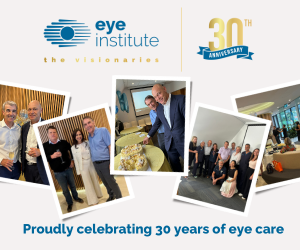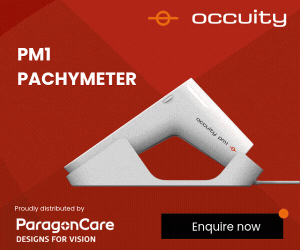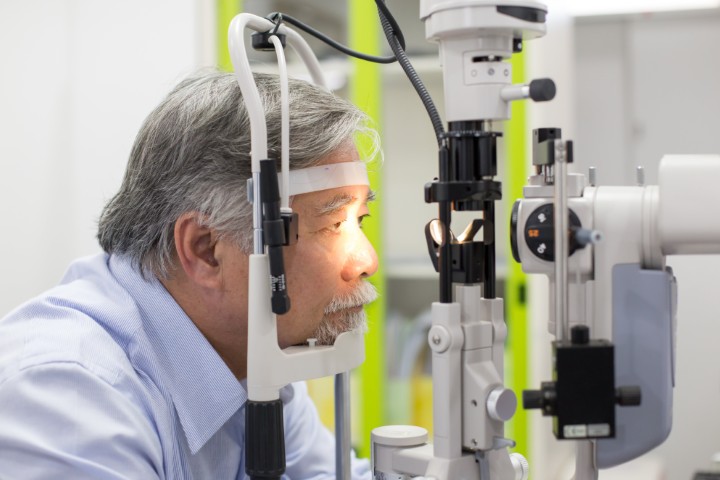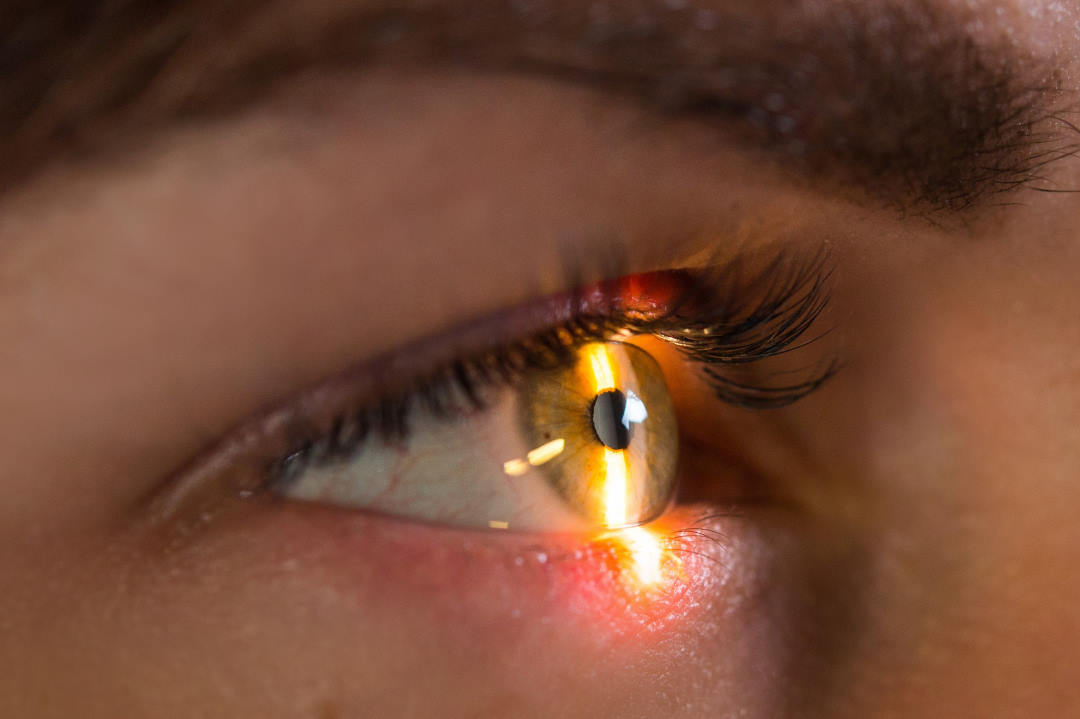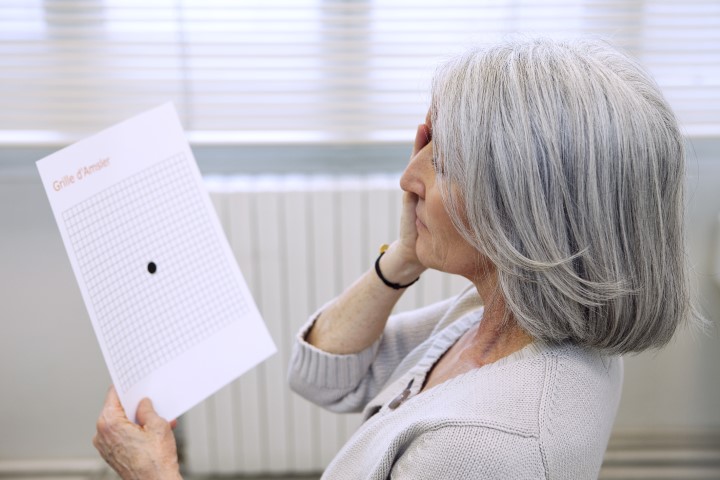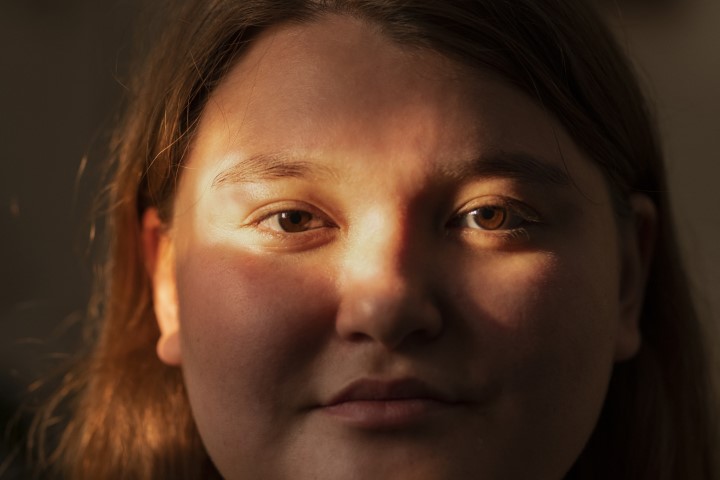AI for AMD
A new artificial intelligence (AI) algorithm developed by researchers at the New York Eye and Ear Infirmary of Mount Sinai (NYEE) can rapidly and accurately detect age-related macular degeneration (AMD).
The study is the first to show that AI technology may help predict the risk of AMD progression and severity, said lead researcher Professor Theodore Smith. “We are excited to have built a deep-learning form of AI that can be trained to match the performance of a human expert to accurately diagnose AMD grade and stage based on scanning retinal photographs, without using other information.”
Researchers developed the deep-learning algorithm using data from the Age-Related Eye Disease Study, a large study of AMD over 15 years. Investigators took 116,875 colour fundus photos from 4,139 participants and trained the algorithm to classify them as no, early, intermediate or advanced AMD along a 12-level severity scale, achieving 98% accuracy with human experts. The severity scores were then combined with the patients’ sociodemographic clinical data and other imaging data to predict AMD progression, specifically risk for progression to late AMD within one or two years. This AI model was then further refined to predict the exact type of progression to late AMD - either dry or wet.
The algorithm can be easily applied in teleophthalmology, which is gaining in importance to close health disparities and as medicine transforms in the post-Covid-19 landscape, said Prof Smith.





